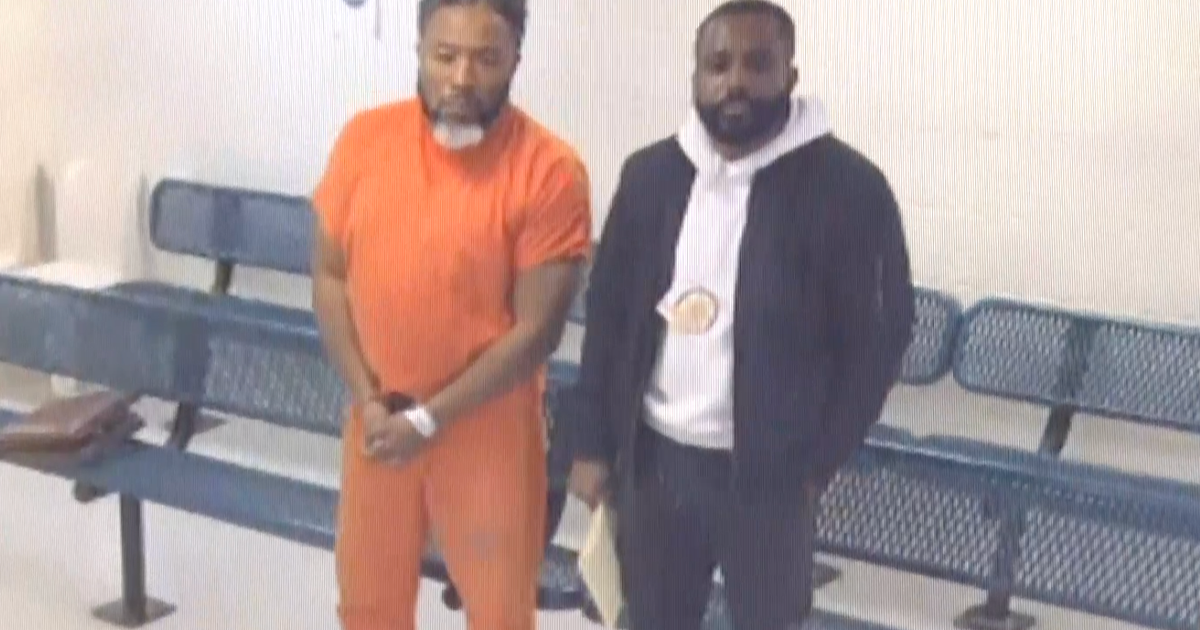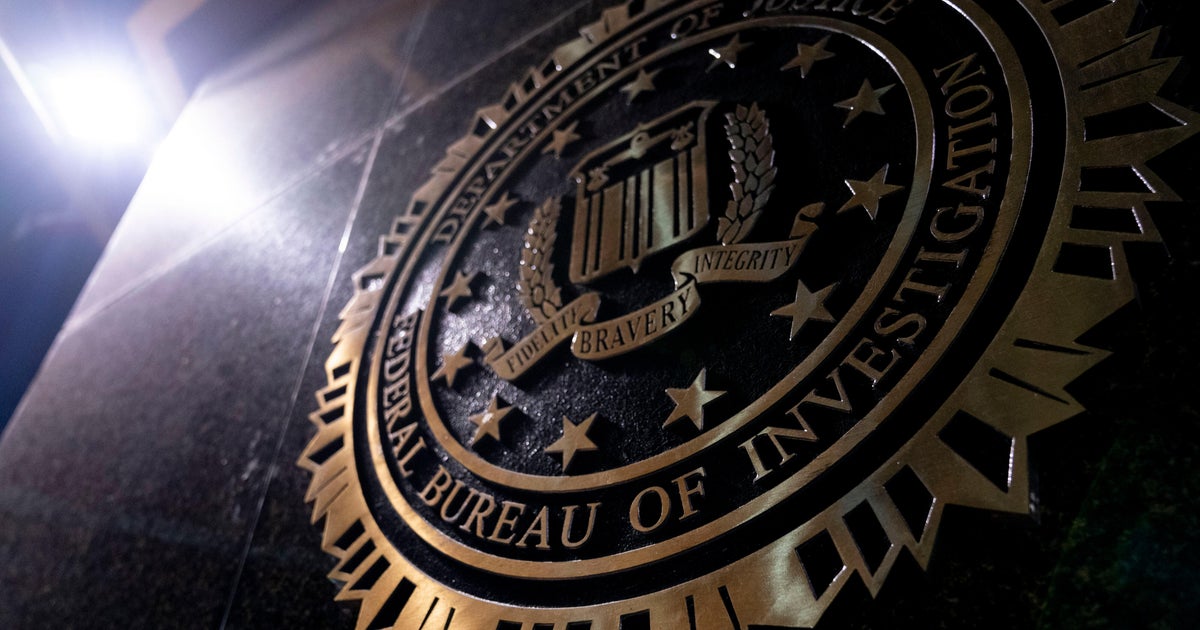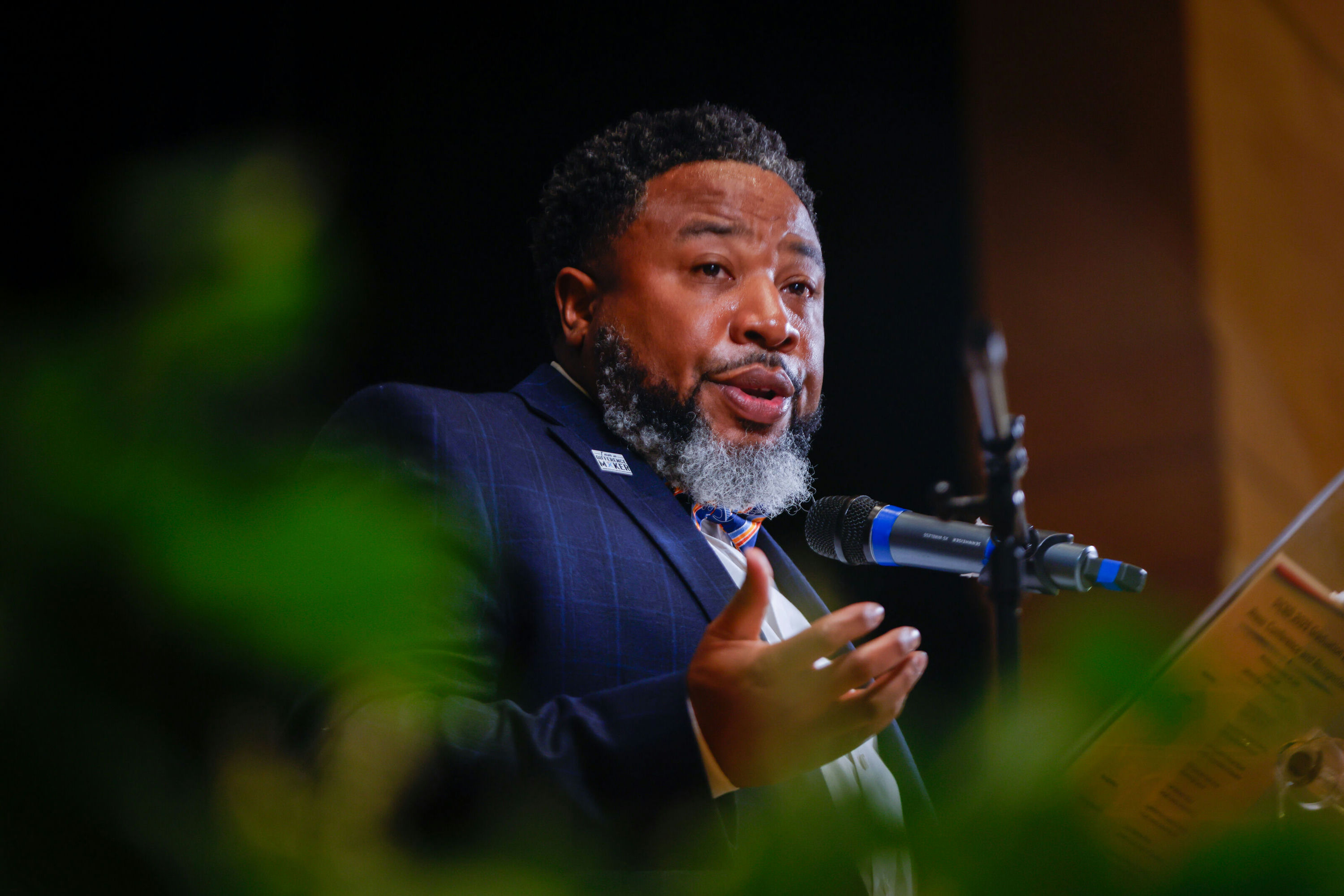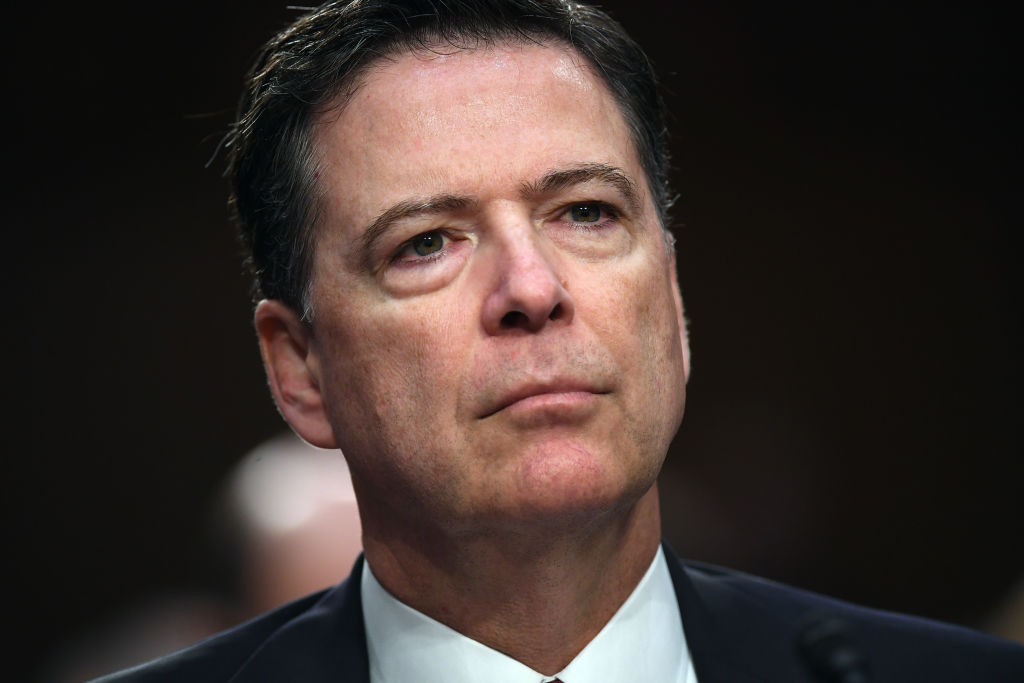Long Island prosecutor indicted in 2012 police brutality cover-up
CENTRAL ISLIP, N.Y. — A district attorney in eastern Long Island and a top aide were charged Wednesday with intimidating witnesses in a federal civil rights investigation into the beating of a handcuffed prisoner by a police chief.
Suffolk County District Attorney Thomas Spota and the chief of his anti-corruption bureau, Christopher McPartland, were named in an indictment charging them with obstruction of justice, witness tampering and other offenses related to the case against former county Police Chief James Burke. They were to appear in court later Wednesday.
"While FBI agents were working to restore justice in a civil rights investigation, (the defendants) were conspiring to obstruct it, as alleged today," said William Sweeney, head of the FBI's New York Office. "The crimes they're charged with are rivaled only by the conduct they allegedly attempted to conceal."
There was no immediate response to messages left Wednesday seeking comment from the men's attorneys.
Last year, Burke was sentenced to nearly four years in prison for orchestrating a department cover-up after beating a handcuffed man for stealing embarrassing items from his SUV.
In a pre-sentencing letter, prosecutors said "high-ranking officials" from other county agencies helped Burke silence potential whistleblowers after he pummeled a heroin addict who had taken his gun belt, ammunition, a box of cigars and a bag containing sex toys and pornography.
Officers subpoenaed by FBI agents investigating the 2012 beating were interrogated afterward about whether they had talked, prosecutors said. Unnamed co-conspirators had warned some that if they admitted wrongdoing, their union would not pay their legal fees, prosecutors said.
According to the indictment, Spota, McPartland, Burke and other police officers had numerous meetings and telephone conversations discussing the assault of "John Doe" and how to conceal Burke's role in the assault.
The defendants used their authority "to obstruct and attempt to obstruct the federal investigation by, among other means, using intimidation, threats and corrupt persuasion to pressure multiple witnesses, including co-conspirators, not to cooperate with the federal investigation, to provide false information, including false testimony under oath, and to withhold relevant information to prosecutors," the court paper said.





